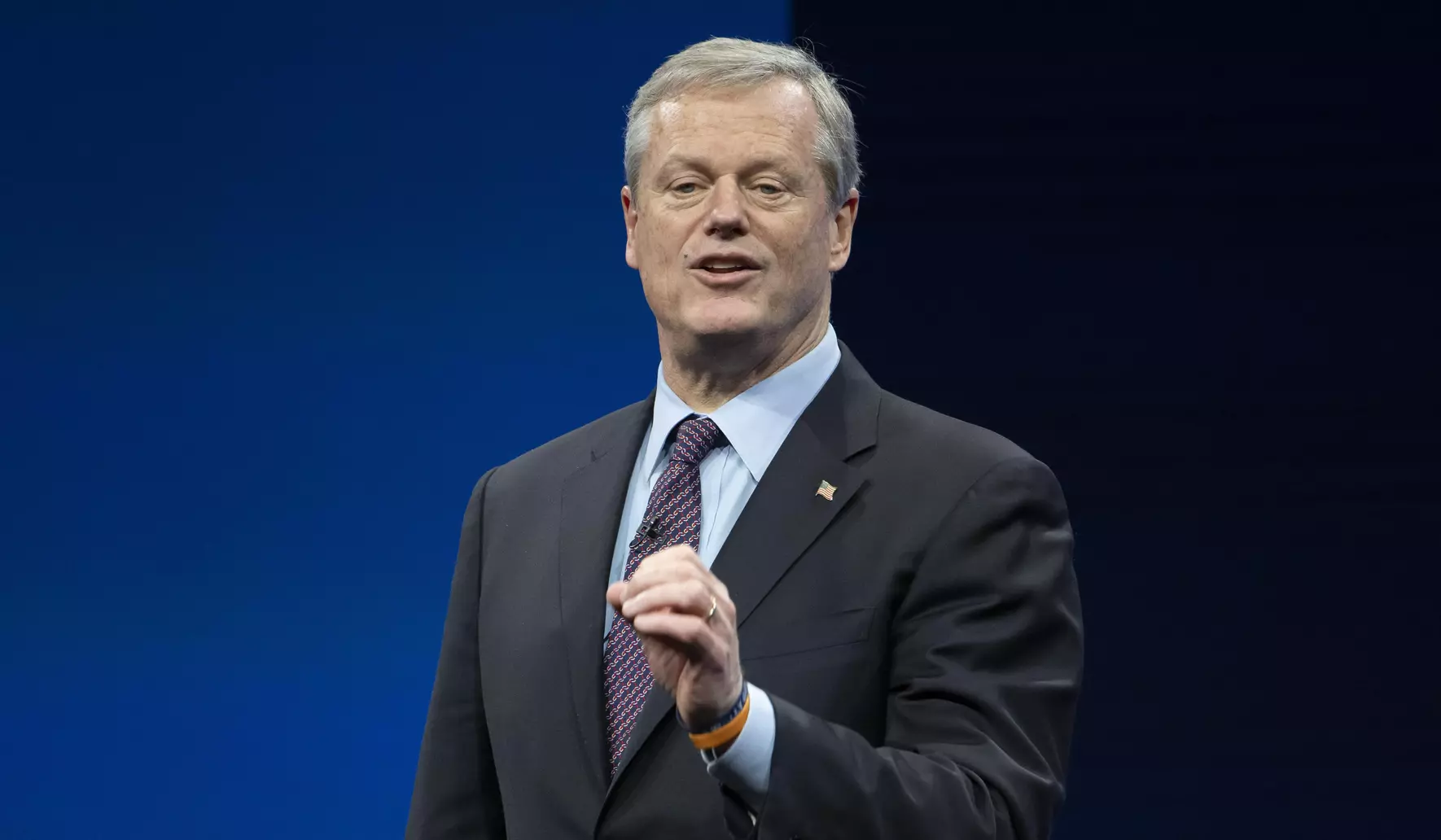During a Senate hearing held on Tuesday, NCAA president Charlie Baker redirected the conversation surrounding college sports towards the potential reclassification of athletes as employees of their respective institutions. This shift in focus moved away from the discussion of federal legislation to regulate how these athletes can be compensated for their recognition.
Read More: As Google Expands its AI Initiatives, Publishers Face New Hurdles
The hearing featured several notable witnesses, including Big Ten Commissioner Tony Petitti, Notre Dame athletic director Jack Swarbrick, former Florida gymnast Trinity Thomas, Walker Jones, who manages the booster-funded collective supporting University of Mississippi athletes, Saint Joseph’s athletic director Jill Bodensteiner, and long-time college athlete advocate Ramogi Huma. The hearing was the tenth of its kind on Capitol Hill since 2020.
In his opening statement, Baker emphasized that college sports are long overdue for reform. He highlighted recent NCAA reforms, such as offering extended health insurance for athletes, degree completion funds for up to a decade, and scholarship protections. Additionally, Baker informed the committee that the NCAA was progressing with its own regulations for athlete compensation related to name, image, and likeness (NIL) deals.
Baker, his predecessor Mark Emmert, and other college sports leaders have been actively lobbying Congress for assistance in establishing a federal law to regulate NIL compensation. This effort began even before the NCAA lifted its ban on NIL payments to athletes in 2021. Despite the introduction of several bills, including bipartisan initiatives in recent months, no legislation has gained significant traction.
Senator Lindsey Graham expressed concern, highlighting examples like Utah offering new trucks to all team members, suggesting that college football was in a state of chaos due to the transfer portal and NIL. Meanwhile, legal challenges are threatening the traditional collegiate model, potentially leading to revenue sharing arrangements reminiscent of professional sports.
The NCAA, composed of over 1,100 schools and serving hundreds of thousands of athletes, hopes to find a solution by codifying existing regulatory guidance into law, affirming that student-athletes are not employees. Baker explained that athlete representatives from all NCAA divisions have expressed reluctance to be classified as employees of their schools, and without congressional action, Division II and III schools might consider discontinuing their athletic programs.
Ramogi Huma, a leading advocate for college athletes, suggested that employment status should be considered primarily for major college football and basketball players. The NCAA’s men’s Division I basketball tournament generates the majority of the association’s annual revenue, which exceeded $1 billion in the previous year, with Power 5 conferences holding multibillion-dollar television contracts, largely driven by football.
Big Ten Commissioner Tony Petitti, in his first year in the role, expressed a willingness to offer more benefits directly to athletes, despite the Big Ten’s lucrative media rights deals. Notre Dame’s athletic director, Jack Swarbrick, proposed the idea of athletes negotiating with conferences over the terms and conditions of their athletic participation, emphasizing the need for a level playing field and competitive equity.
Jill Bodensteiner, the athletic director of St. Joe’s, argued that the problems in college sports are primarily confined to major college football and do not significantly impact Division I schools like St. Joe’s, where college athletics are operating smoothly.
Walker Jones, representing an NIL collective, voiced support for federal legislation that would supersede state NIL laws. He also suggested that collectives could offer transparency and valuable information to all stakeholders involved in college sports.
President Baker expressed skepticism about the transparency provided by collectives, and Commissioner Petitti raised concerns about their growing influence. Senator John Kennedy cautioned against excessive government regulation and warned against inviting Congress to micromanage the business of college sports.
The hearing underscored the ongoing challenges and complex discussions surrounding the future of college sports in the United States.

